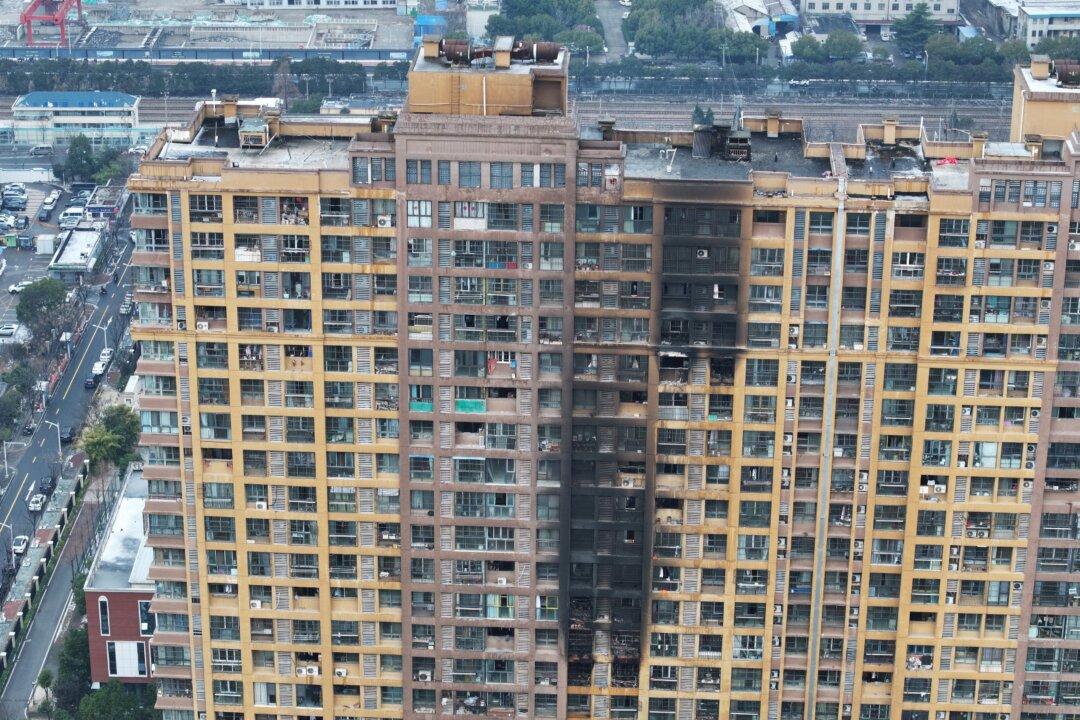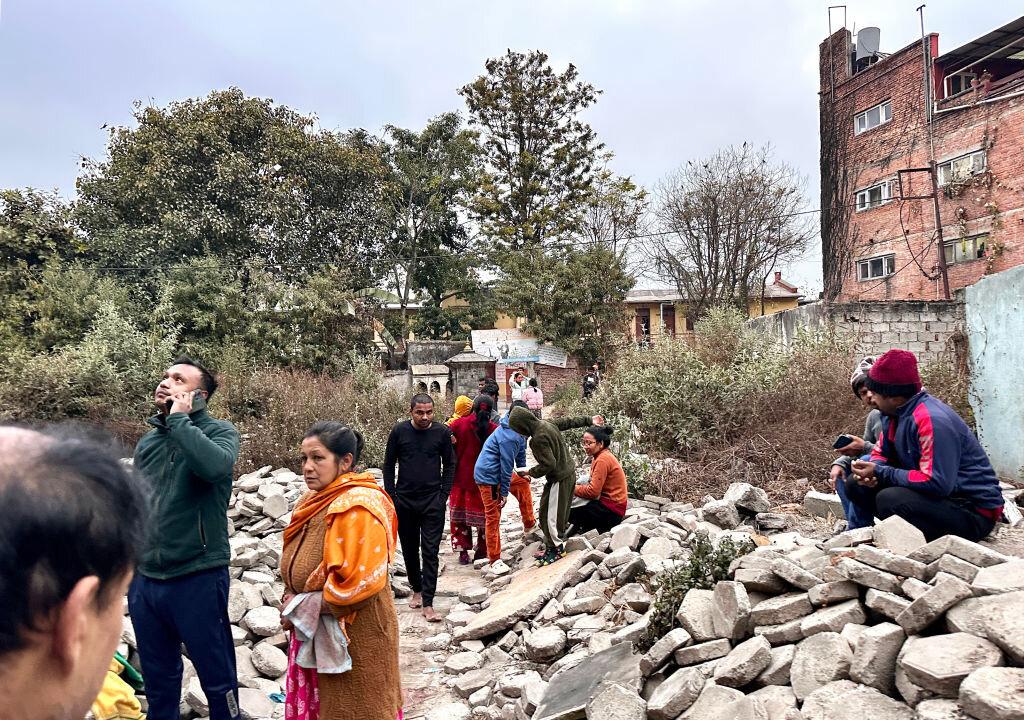On Feb. 23, a fire ripped through an apartment block in Nanjing, China, leaving at least 15 dead and 44 injured. Chinese officials reported after preliminary investigation that the blaze started on the building’s first floor, where electric bikes had been placed.
According to official reports on the following day, the building where the fire broke out had 34 floors, and the fire spread upwards through the stairwell. In the past, fires and other deadly accidents often occur in China due to lax enforcement of safety standards.





